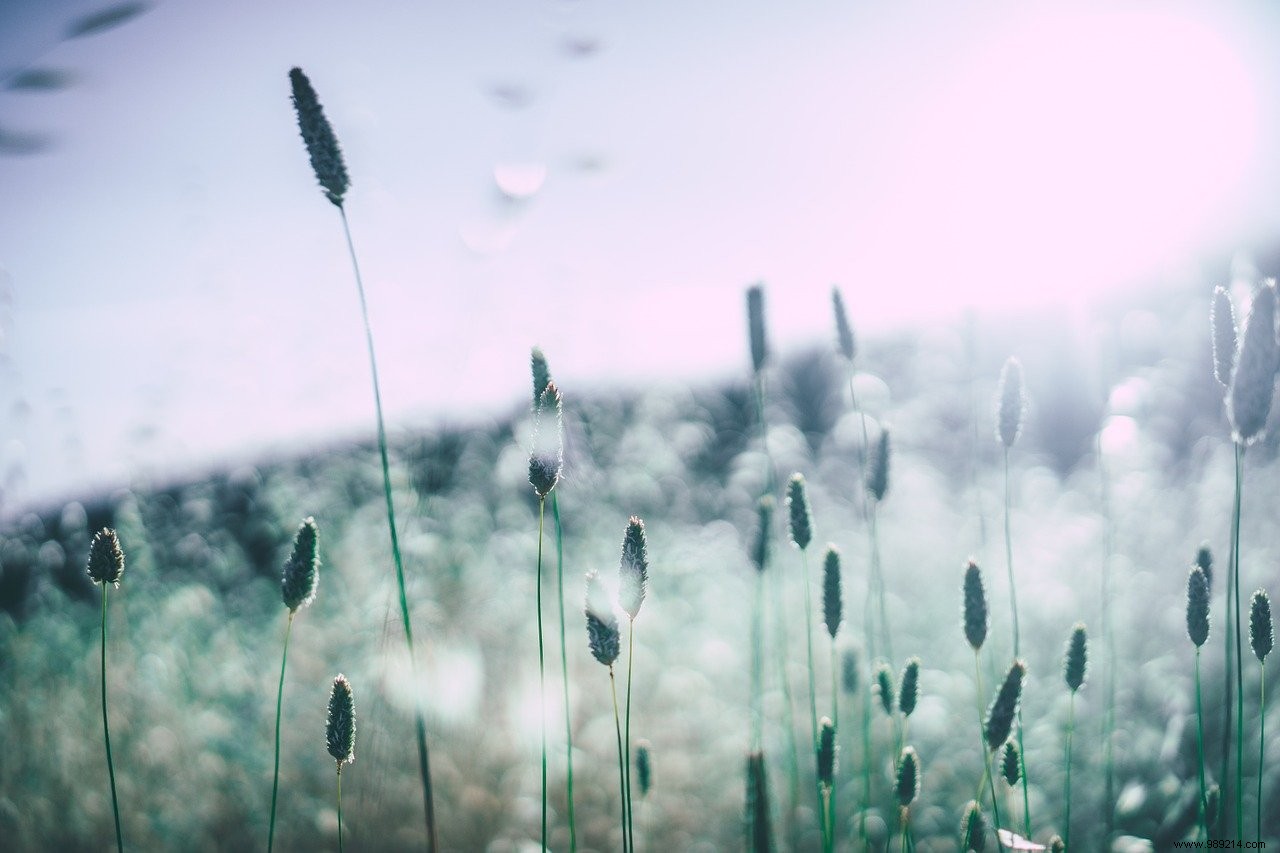A groundbreaking study published on Monday, February 8, reveals that North America's pollen season has extended significantly over the past 30 years, with pollen concentrations rising 21% amid warming temperatures.
Pollen consists of plants' male reproductive cells, released for fertilization. Two main types exist: entomophilous pollen, transported by insects between flowers, and anemophilous pollen, the primary trigger for allergic reactions.
Anemophilous pollen is produced in vast quantities by plants and carried by wind over tens of kilometers. Its tiny particles easily infiltrate airways, affecting about one in four people in France with allergies. While exact causes remain unclear, genetics plays a key role.
Typically spanning early spring through summer into early fall, the pollen season has intensified for many sufferers. Sensitivity often increases with age, but University of Utah researcher Dr. William Anderegg suspected climate change as a major driver.
Dr. Anderegg's team analyzed pollen data from stations across the U.S. and Canada (1990-2018). Key findings: pollen concentrations rose 21%, with the sharpest increases in fastest-warming regions.
Seasons now start about 20 days earlier and end roughly 10 days later than in the early 1990s, extending the average duration by 10 days. Texas and the U.S. Midwest experienced the largest pollen surges.
"Prior smaller-scale studies in greenhouses hinted at temperature-pollen links," notes Anderegg in a press release. "This research confirms it continent-wide."

Climate change isn't the sole factor, but modeling attributes about half the extra season days and 8% of added pollen to it—with influences growing over time.
"Climate change will likely amplify pollen seasons and respiratory health risks ahead," Anderegg concludes.